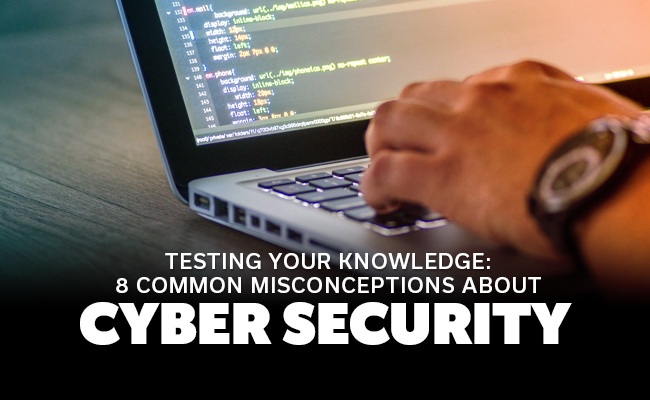Mistakes like inconsistent branding, poor typography, low-quality images, and non-mobile-friendly layouts can harm a construction company's credibility. Professional, cohesive, and responsive design builds trust, strengthens brand recognition, and attracts more clients.

How much do you know when it comes to internet security? Do you know enough to sort out fact from fiction. Security is a confusing topic that produces many untruths, half truths, and exaggerations. Here are 8 common misconceptions about cyber security.

For more information about internet security and solutions that are available to you, contact us.

Don’t trust your company’s critical data and operations to just anyone! This business advisory guide will arm you with 21 Revealing Questions you should ask any computer consultant before giving them access to your network.
7500 Jefferson St. NE
Albuquerque, NM 87109
505-823-3400